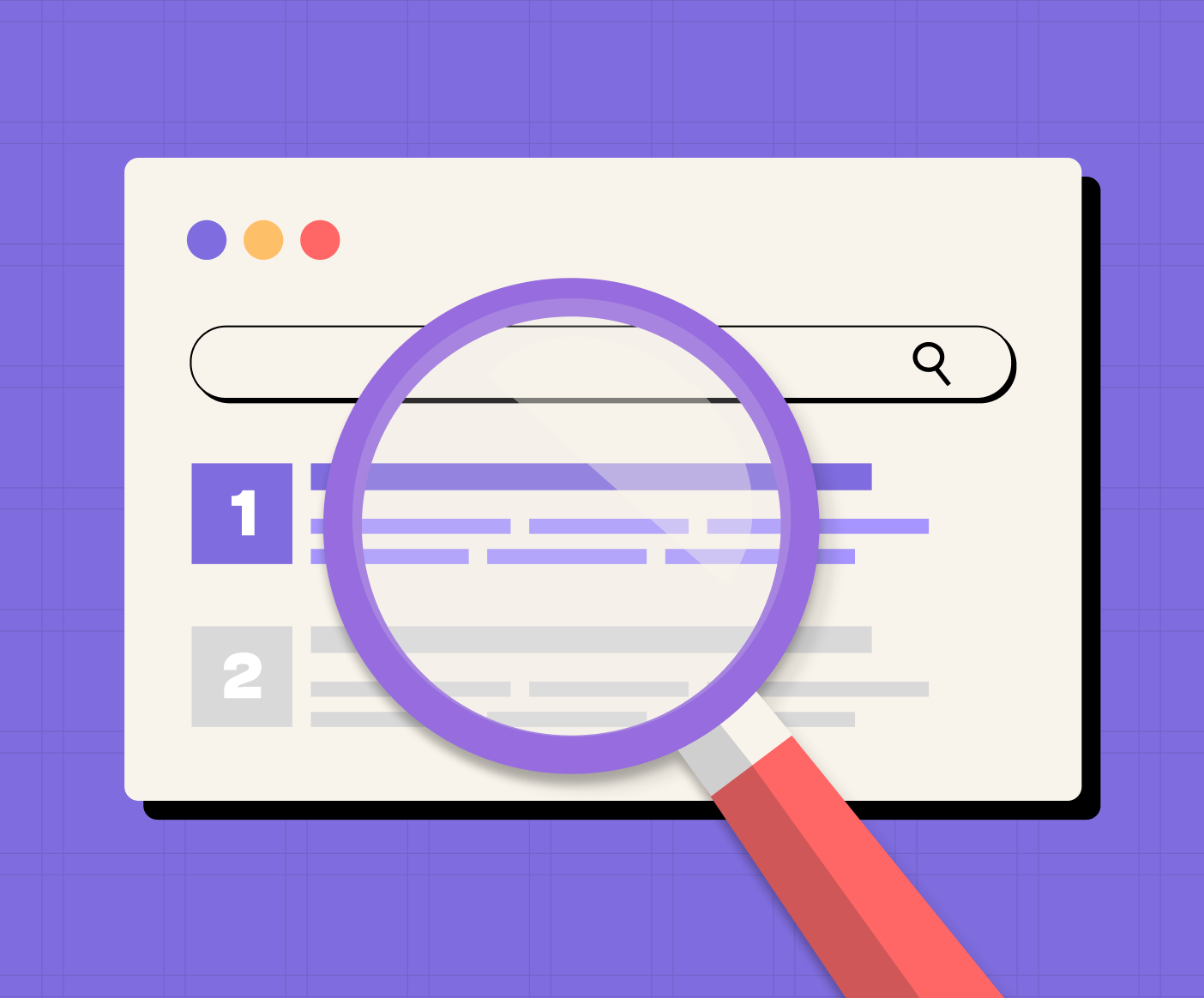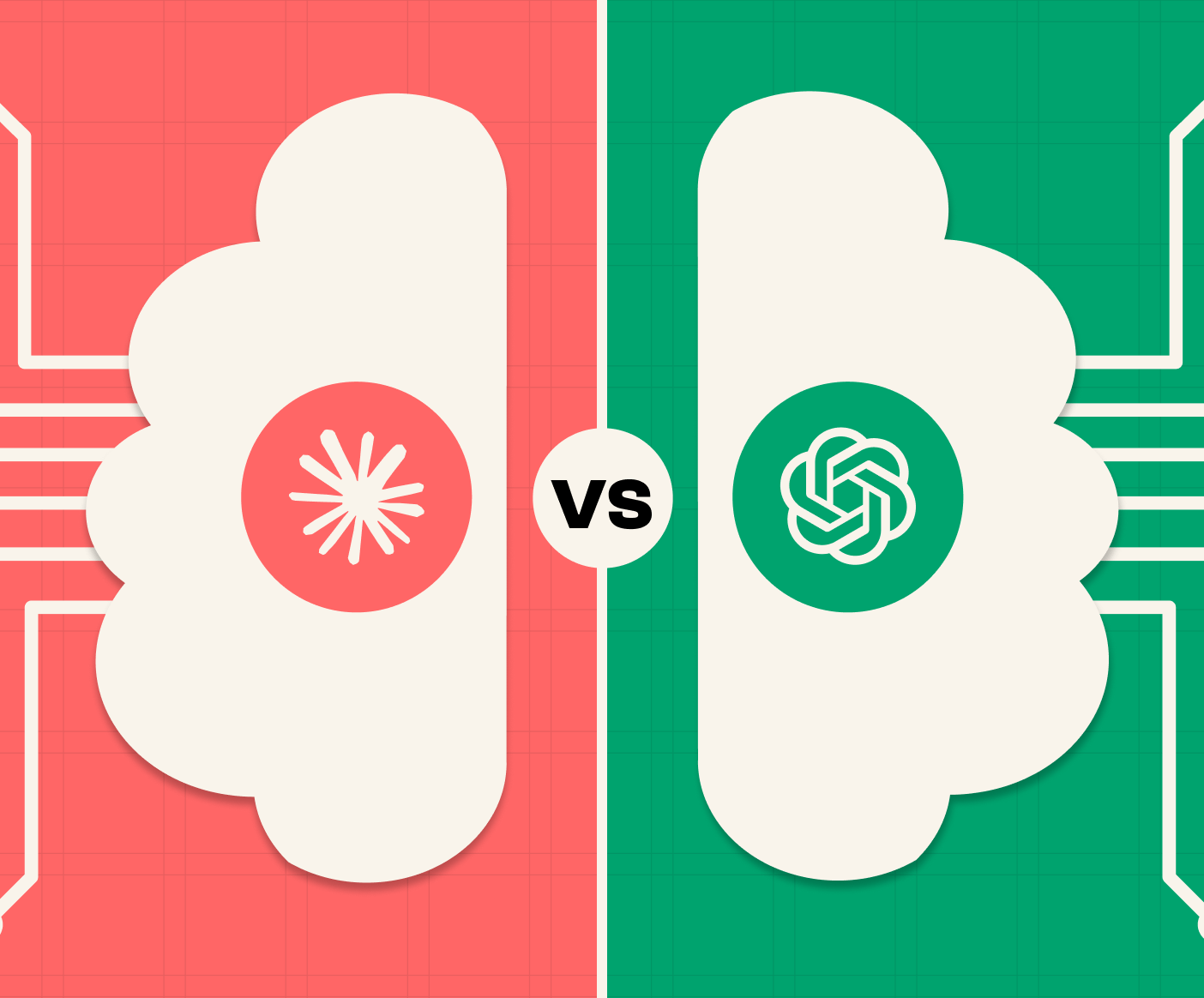Your website is usually the first place people meet your brand. For founders and marketing teams, it’s not just a box to check — it’s the engine that builds trust, attracts leads, and proves you’re ready to grow.
What is a Business Website?
A business website is your digital home base — a platform you fully own and control, unlike rented channels like social media. At its simplest, it explains who you are, what you do, and why someone should care.
But in practice, the best business websites do more. They pull in qualified traffic, answer buyer questions, capture leads, and connect seamlessly with tools your team already uses (CRM, analytics, email). Done right, your site is less of a brochure and more of a growth engine — always on, always working for you.
Why It Matters
If you’re a startup without a website, you lose credibility before the first call. If you’re a scaleup with a patchy site, you’re leaking conversions daily.
- Build trust at scale: Every visitor sees a polished, consistent story.
- Convert attention into action: Landing pages, CTAs, and case studies guide people toward booking a call or starting a trial.
- Adapt as you grow: Add new products, markets, or content without rebuilding from scratch.
- Stay ahead of competitors: Buyers research before they buy. If your site isn’t clear or convincing, you’ve lost the deal before you even knew about it.
A strong website doesn’t just “look nice”. It creates measurable business outcomes: shorter sales cycles, higher-quality leads, and more closed deals.
Examples / Types of Business Websites
Not every company needs the same kind of site. Here are the most common types:
- MVP Sites → Fast, lean builds (2–3 pages) to validate your idea and capture first leads.
- Revamp Sites → Redesigns that fix low conversion rates or outdated messaging. Perfect when your current site is slowing down marketing.
- Custom Builds → Comprehensive platforms for scaling businesses with multiple audiences and advanced needs (content hubs, case studies, integrations).
- Platform Choices: Webflow (faster, flexible, easier to maintain) vs. WordPress (plugin-heavy, more upkeep).
The right type depends on your stage — MVP → Revamp → Custom is the natural progression.
How to Apply It
The way you apply a business website depends on your stage:
- Launching? Keep it lean but credible. A few pages with clear messaging is enough to get you in front of investors, customers, or early hires.
- Scaling? Revisit your site with conversions in mind. Optimize navigation, refresh design, and make sure your story aligns with where you’re heading.
- Established? Think long-term. Your site should handle new products, audiences, and integrations without constant rebuilds.
The key is to treat your website as a living asset — something that evolves with your business rather than a one-off project.
Key Takeaways
- A business website is the digital home you control, unlike social media.
- It drives trust, conversions, and long-term growth.
- The right type depends on stage: MVP, Revamp, or Custom.
- Platform choice (Webflow vs WordPress) impacts speed and maintenance.
- Treat your site as a living growth engine, not a static brochure.
CTA
Too many companies settle for “good enough” websites — then quietly bleed leads and revenue. A patchy site isn’t just an eyesore; it’s a growth bottleneck.
If you’re tired of rebuilding every year or struggling to turn traffic into results, let’s fix it.
See our work to check how we’ve built growth-ready sites for other teams.
Or skip the wait and book a call — let’s design a site that works as hard as you do.





![AI Screening Recruiter Setup Guide [Starter Guide]](https://cdn.prod.website-files.com/68b716fbda7b786bb723ec2a/6968a878cb1cf07382e70d03_AI%20Screening%20Recruiter%20Setup%20Guide_1.png)
